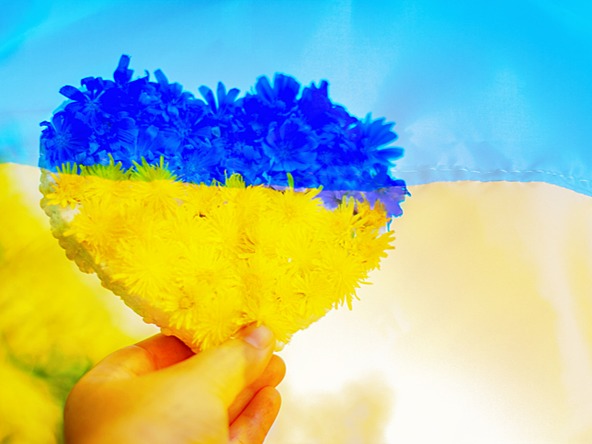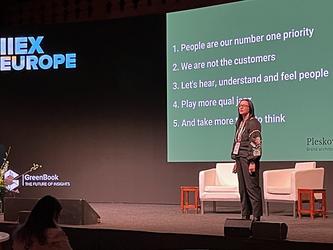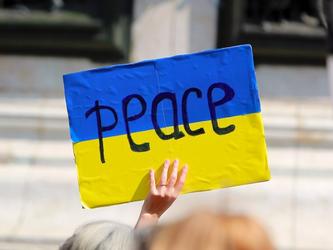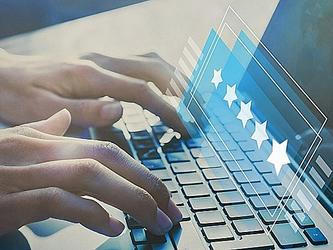Swift Ukraine action sees brands receive reputational boost

According to the analysis, McDonald’s came out on top for its response to the Ukraine war, with 28% of UK adults who were aware of its actions saying their view of the company had improved or significantly improved.
Mastercard, which suspended operations in Russia on 5 March, had an Impact Score of +424.3. Coca-Cola (+390.5 ), Visa (+344.6 ) and Ikea (+237.51 ) all followed close behind, further underlining the correlation between brands that took swift action against Russia and an improved public perception.
The businesses with the most negative approval ratings, including Gazprom, Apple and BP, were either thought to have been slow to react (taking more than two weeks on average to respond, compared to ten days for the highest scoring), closely associated with the Russian state, or were perceived to have put business needs ahead of humanitarian concerns.
Sensu Insight’s research also revealed that many customers have changed their purchasing behaviour as a result of a brand’s response to the war. Nearly a fifth ( 18.5%) of the public have stopped buying from a brand that showed no support to Ukraine, while 20% have actively looked for brands that are supporting the cause. Some 18% have purchased a product because a donation to the cause would be made.
Despite many companies now having either withdrawn or suspended operations in Russia, 54.7% of Brits believe that many large corporations still need to do more in relation to the Ukraine conflict.
Steve Leigh, managing director of Sensu Insight, commented: “In our increasingly ethically conscious society, the public expects far more from companies and their leaders. It is no longer enough to sit back and stay remote from world issues, with consumers placing a strong importance on an organisation’s reputation and their response to global events.
“The brands that have taken swift and decisive action regarding the ongoing geopolitical situation saw a greater positive impact on reputation and fared better with the public than companies that ultimately came to the same decision but may have appeared slow or reluctant to do so.
“Apple is perhaps the most interesting example. As a company it did take a swift decision to suspend activity within just a few days of the invasion, but CEO Tim Cook was criticised for remaining silent when asked to set an example by the Ukrainian government. In that case, the public remembered the failure to reply more than the ultimate action taken, resulting in a negative impact score of -309, with 26% saying their view of the company had worsened as a result of its response.
“Nestle is another example to buck the trend. As one of the few brands not to completely withdraw or suspend activities in Russia, it may have been expected to have received a negative response. However, its decision to suspend non-essential brands (such as KitKat and Nesquik) but maintain supplies of infant food and that needed for hospitals led to a positive impact Score of +137, with 30% reporting an improved perception of the company.”
The research was conducted across the 50 businesses most associated with the conflict, identified using Sensu Insight’s proprietary brand tracking tool. A survey of 2,000 UK adults was then used to create reputation impact scores, based upon public sentiment and the level of each organisation’s association with issues resulting from the war.

We hope you enjoyed this article.
Research Live is published by MRS.
The Market Research Society (MRS) exists to promote and protect the research sector, showcasing how research delivers impact for businesses and government.
Members of MRS enjoy many benefits including tailoured policy guidance, discounts on training and conferences, and access to member-only content.
For example, there's an archive of winning case studies from over a decade of MRS Awards.
Find out more about the benefits of joining MRS here.














0 Comments